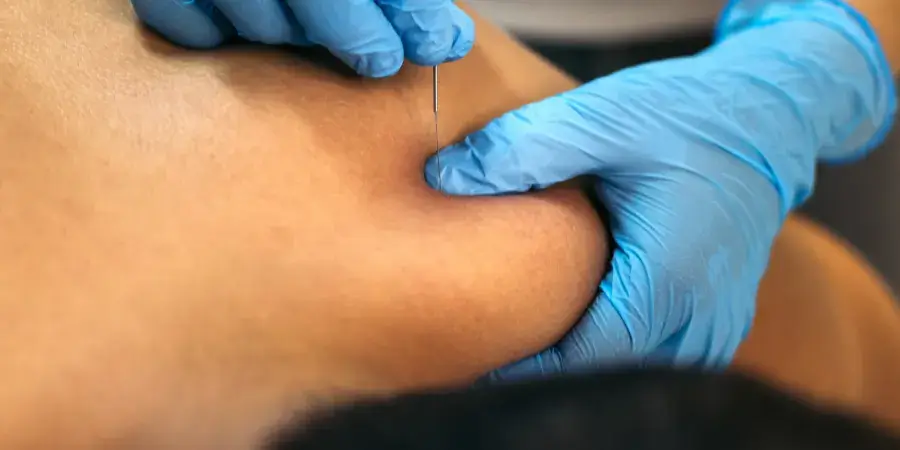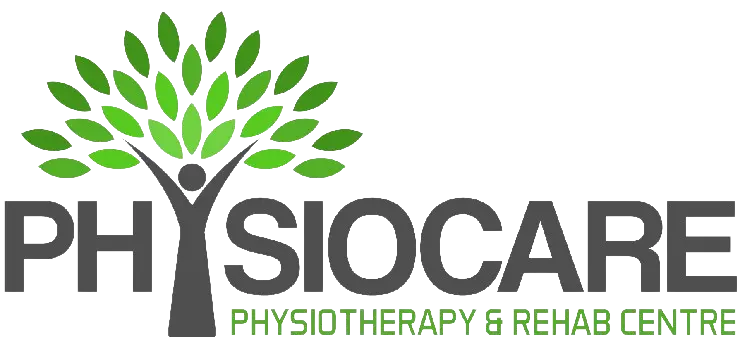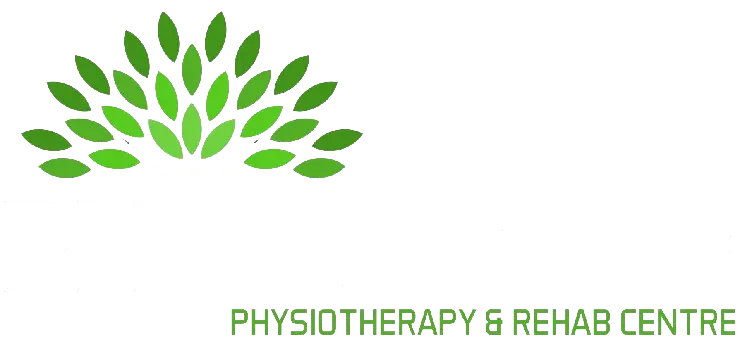
Dry Needling vs Acupuncture in Ottawa: Key Differences Explained
- By Urvi Patel
If you’re looking for relief from pain or muscle stiffness, you might have encountered both dry needling and acupuncture as potential solutions. Although these treatments both use slender needles, their methods, purposes, and outcomes are quite distinct. The following guide explains each approach to help you determine which one may be the best fit for your needs.
Dry Needling vs. Acupuncture: Exploring the Differences and Finding Your Ideal Option
If you’re looking for relief from pain or muscle stiffness, you might have encountered both dry needling and acupuncture as potential solutions. Although these treatments both use slender needles, their methods, purposes, and outcomes are quite distinct. The following guide explains each approach to help you determine which one may be the best fit for your needs.
What Exactly is Dry Needling?
Dry needling is a technique frequently employed by physiotherapists to manage muscle pain and alleviate tension. This method centers on locating and targeting trigger points—those small, tight areas within your muscles that can cause discomfort. By inserting extremely fine needles directly into these spots, dry needling can help release knots, reduce pain, and enhance mobility. Often, the insertion prompts a slight twitch in the muscle, signaling that the tension is beginning to subside.
Some common conditions that might benefit from dry needling include:
- Chronic Pain: Persistent discomfort in regions such as the back, neck, or shoulders.
- Muscle Tension: Ongoing tightness or knots in your muscles.
- Headaches and Migraines: Muscle tension can sometimes be a trigger for these issues.
- Sports-Related Injuries: It can support recovery from strains, sprains, and similar injuries.
If you’re considering dry needling in Ottawa, consulting a physiotherapist can help determine whether this therapy suits your condition.
What is Acupuncture?
Acupuncture is a fundamental practice within traditional Chinese medicine, with roots stretching back thousands of years. Unlike dry needling, acupuncture isn’t focused solely on muscle pain. Instead, it aims to balance the body’s energy—referred to as “qi.” During an acupuncture session, practitioners insert needles into specific points along the body, known as acupoints, which lie along energy channels called meridians. This practice is designed to restore balance, enhance overall health, and address both physical and emotional issues.
Conditions frequently addressed with acupuncture include:
- Stress, Anxiety, and Depression: It can help ease mental and emotional stress.
- Chronic Pain: Suitable for managing long-term pain conditions.
- Migraines: Often used to reduce the frequency and intensity of headaches.
- Insomnia: May help improve sleep quality.
- Digestive Issues: Can support better digestive function.
Patients looking for acupuncture in Ottawa often find relief from a range of conditions due to its holistic approach to healing.
Key Distinctions Between Dry Needling and Acupuncture
Here are the main differences to consider when comparing these treatments:
Focus of Treatment:
Dry Needling: Concentrates on relieving specific muscle pain and targeting trigger points.
Acupuncture: Works on balancing the body’s energy and treats both physical and emotional symptoms.
Location of Needle Insertion:
Dry Needling: Needles are placed directly into areas where muscle tension is present.
Acupuncture: Needles are inserted at designated acupoints along the body’s meridians, which might not be directly related to the pain location.
Technique Employed:
Dry Needling: Often induces a muscle twitch to help release tension.
Acupuncture: Typically involves leaving the needles in place for a longer period to promote a smooth flow of qi and restore balance.
Which Option is Right for You?
Opt for Dry Needling if:
You’re dealing with localized muscle pain, stiffness, or recovering from an injury such as a sprain or strain. It is particularly effective for pinpointing and treating areas of concentrated discomfort.
Opt for Acupuncture if:
You’re in search of a more comprehensive treatment that addresses not just physical discomfort but also emotional or mental stress. Acupuncture is an excellent choice if you are drawn to a time-honored method that supports overall wellness.
Concluding Thoughts
Both dry needling and acupuncture provide effective ways to alleviate pain and improve your quality of life, each through a unique approach. Dry needling offers a focused treatment for musculoskeletal issues, while acupuncture provides a broader, holistic method by balancing the body’s energy. If you’re uncertain about which treatment to choose, it might be beneficial to consult with a qualified physiotherapist or acupuncturist who can tailor their advice to your specific needs. Ultimately, whether you choose dry needling or acupuncture, the goal is to help you feel better and enhance your overall well-being.

